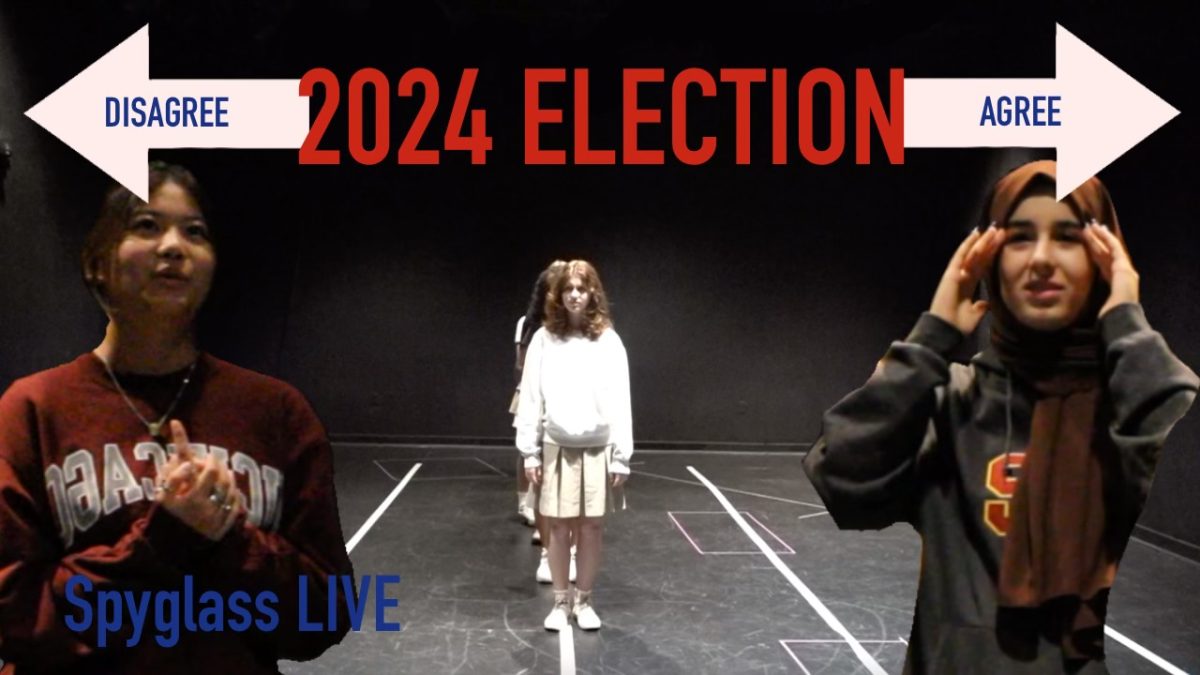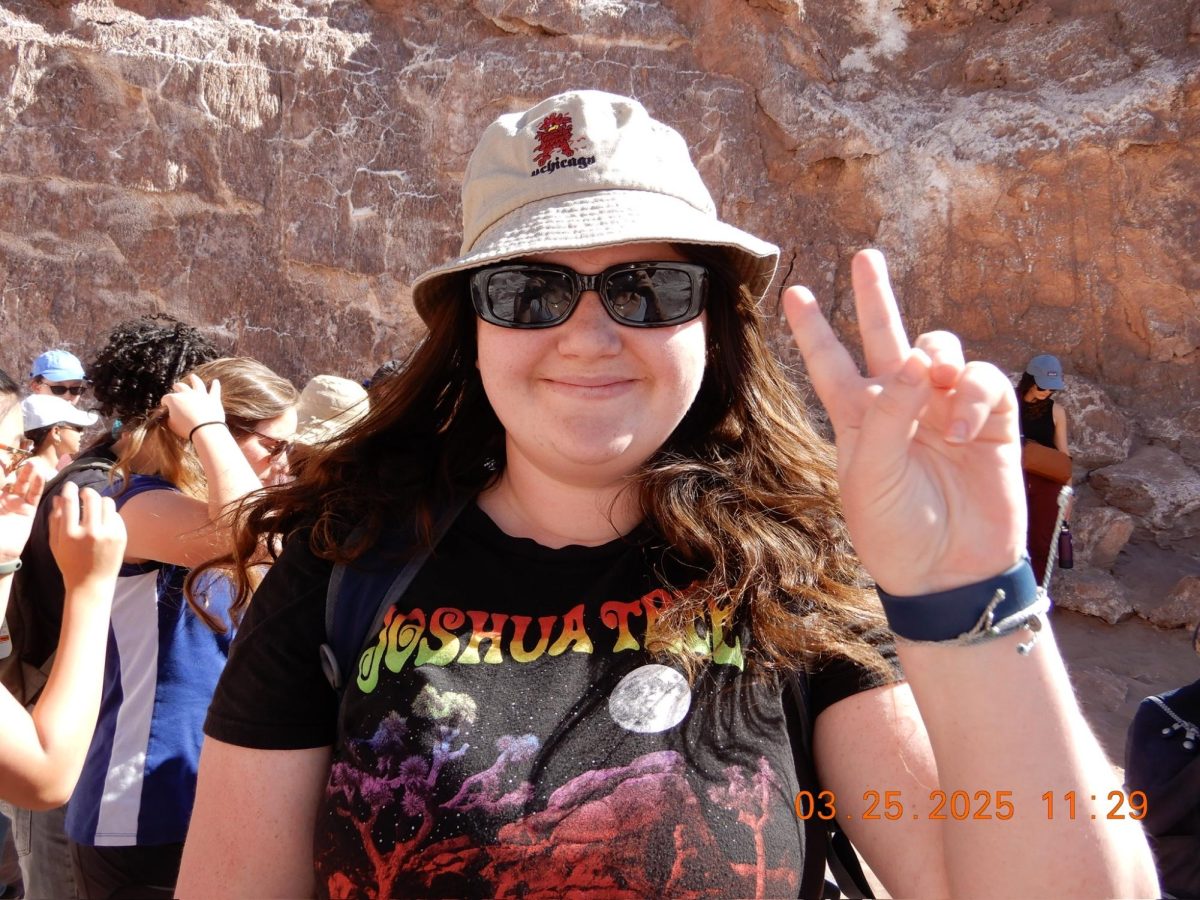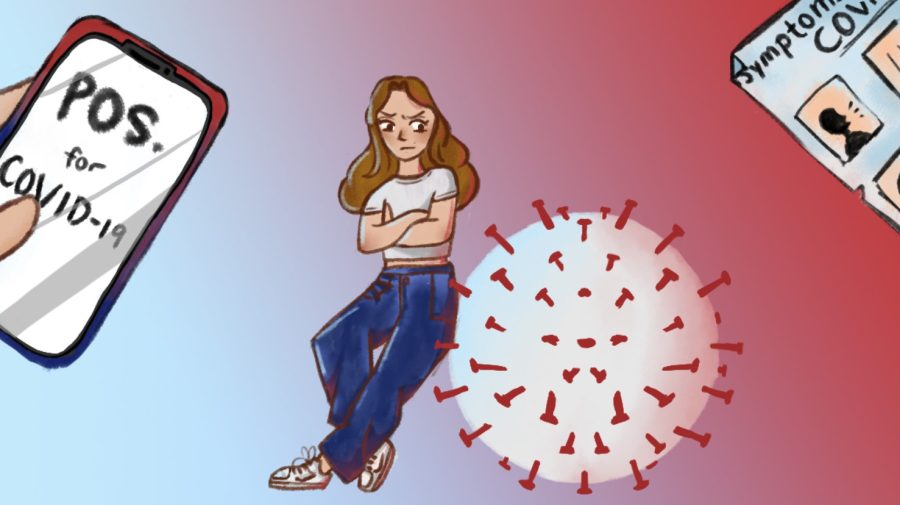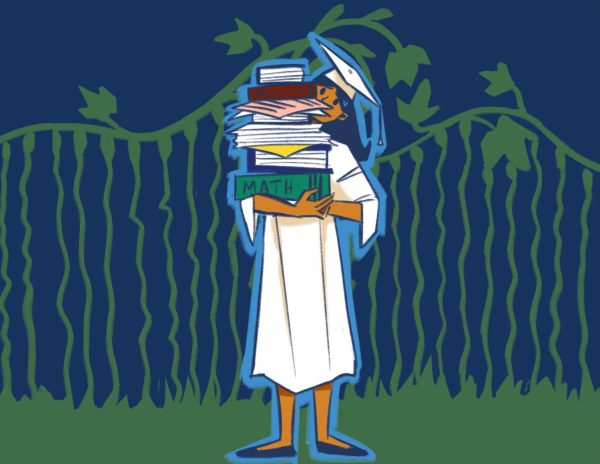“What did I do wrong?”: My Experience Dealing With COVID-19 Shame
From where it sat atop my messy biology notebook and test my teacher had handed back minutes prior, my phone buzzed. I prepared to read a message of praise from my parents for acing a harder-than-usual test, but the text I received made me freeze up, both in shock and confusion—I had tested positive for COVID-19.
Even though I understood the crisis we were in and the ever-constant uptick of cases, COVID-19 didn’t seem like something my family or I would ever catch. Ever since the onset of the pandemic, I’d been exceptionally careful. During the first two years of the pandemic, I did not go inside any friends’ houses. I always made safe decisions and was particularly cautious around those who I knew had been in close contact with somebody who was infected, making sure they tested negative before I talked with them in person again. Washing my hands and using hand sanitizer was my first priority after leaving a store. Clorox wipes sat on my kitchen counter, reminding me of a nauseating bleachy odor, the result of my dad incessantly wiping down our just-bought groceries during the first months of the pandemic. Additionally, I thought that with my booster and mask, there was no way to catch the virus.
Surely it must’ve been a joke. Or a false positive. Maybe a mistake was made by the testing company. As I read the text from my dad, the words on my screen became blurry as I struggled not to let my tears fall.
“I got your result from the Covid test on Monday. It was positive. I have to call the school and pick you up.”

I shoved my books into my backpack, trying not to draw any attention to myself, and paced towards the doorway. I whispered the dreadful news to my teacher before rushing out of the door and up the stairs in an unavailing attempt to avoid my classmates’ stares.
I can recall staring at myself in the reflection of my laptop screen that evening, the cloudy surface boasting a surplus of homework yet to be completed, and wondering what exactly I had done wrong. Nothing out of the ordinary had happened the week prior to me testing positive; I played a soccer game, went to sports practice, and went home to do homework. I remember working on a huge project for one of my classes and not even leaving my house that weekend. While I sat on my bed, whiling away my quarantined hours by scrolling mindlessly through other people’s posts on Instagram, I observed smiling, maskless faces at Disneyland and baseball games. I found it so frustrating that I was being more cautious than others and had still gotten the virus.
It was only after I’d scrolled through countless news articles about the virus late that night that I realized how much judgment I really had for people that were infected with COVID-19. When strangers online were talking about getting the virus, I immediately assumed they hadn’t been careful, that they must’ve done something wrong. I know that many people made these same judgments—and probably thought the same thing about me. After coming to this realization, I felt so guilty for judging others now that I was experiencing what they had gone through. The truth is that many people who have tried their best to be safe have ultimately tested positive.
Despite my guilt, I spent hours reading articles and posts online about people in the same position as me. Countless people on social media explained how they felt shameful for harboring judgment against people who had tested positive. I’d felt so alone those few days I was infected and it was a breath of fresh air to realize there were others in the same position as me. However, knowing I was not alone did not necessarily lift the weight of guilt off my shoulders; I still felt horrible for judging others and even worse at the thought of others doing the same to me.
Thoughts of remorse like these brought guilt, and strangely, embarrassment. The thought of others finding out and assuming I hadn’t taken sufficient precautions to not get the virus made me want to throw up. I didn’t want anyone to know I was infected, but I felt lonely when no one reached out to me. I know that if I received a random text from a classmate saying they tested positive, I wouldn’t know how to respond, apart from condolences and concern. I didn’t want to make others feel awkward. Sitting on my bed contemplating whether or not I should text my friends why I had missed school was a time I had never felt more forlorn.
People that did find out and reached out to me were very kind, but I found myself reading and rereading their texts countless times, trying to determine if their sentiments were sincere, or if they just said it because it was the “right” thing to do. I was so afraid of other people’s true opinions that I completely pushed aside their sympathetic messages.
A few weeks later, my friend from another school tested positive and had to quarantine at home. I was able to place myself in her shoes and tell her exactly what I wanted to hear when I was positive. Immediately after texting me that she tested positive, she apologized profusely. Instead of questioning why exactly she was remorseful for something that was affecting her badly, I understood her need to say sorry. She felt guilty, like I did, for coming in close contact with others.
Throughout writing this piece, I’ve felt guilty for being the one to ultimately speak on this issue. I didn’t experience severe symptoms or miss much school, and it didn’t affect my life significantly. The reason I wanted to share my experiences is for others that have or have had COVID-19, to let them know that they aren’t alone with their feelings. I remember feeling so alone in those few days I was infected, and although I know others will experience guilt and judgment, I hope they know that others have experienced it too and they’re not alone.
If you have a friend or loved one that has tested positive, think before you judge them. There’s a chance that they did not make responsible decisions to stay safe, but there is an equal possibility that they were simply in the wrong place at the wrong time. Provide them with reassurances and sympathies, but don’t make assumptions about their actions; the next person to test positive could be you.

Sarah is a junior and in her third year as a Spyglass staff writer. When not writing for Spyglass, she enjoys playing soccer and lacrosse, listening to...

Bellamy is a senior and has been in Spyglass Design for two years now. They enjoy Outshine popsicles, music, and discussing Dungeons and Dragons. They...




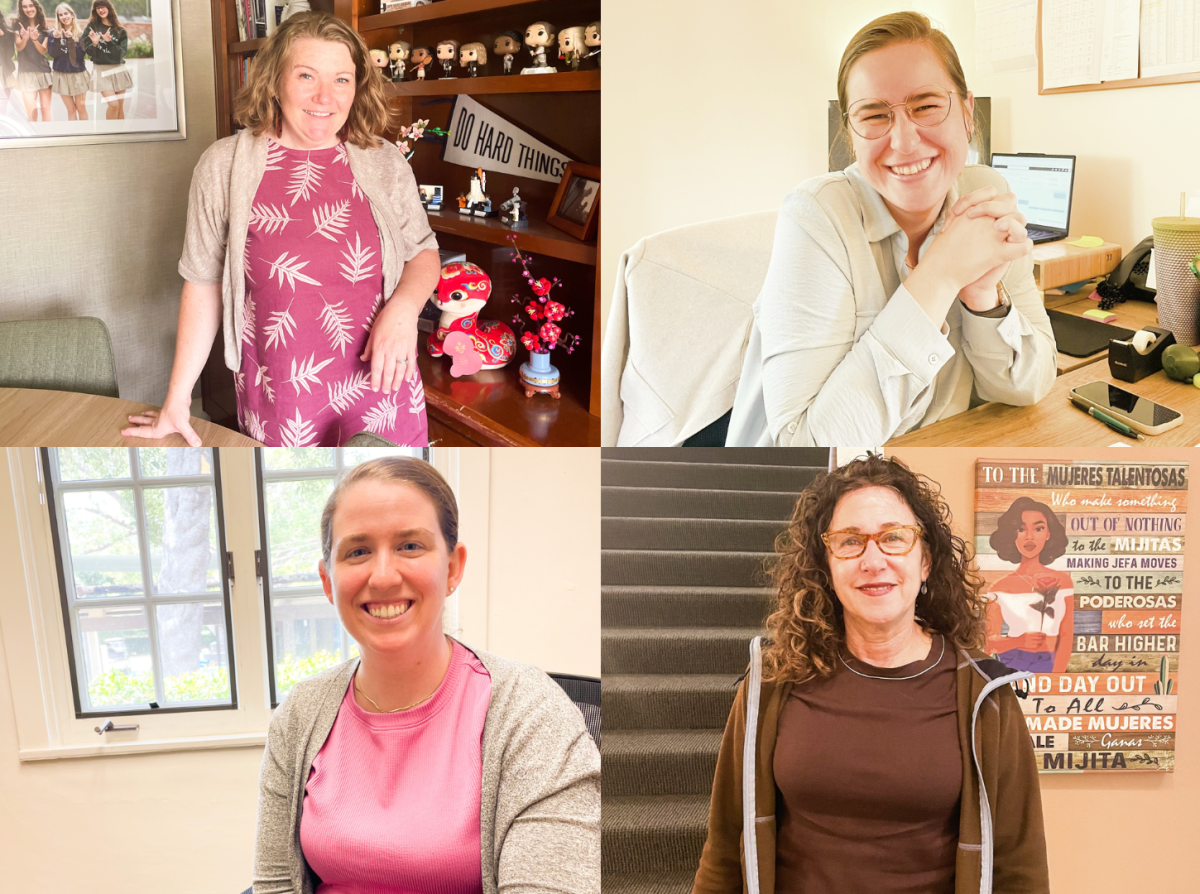
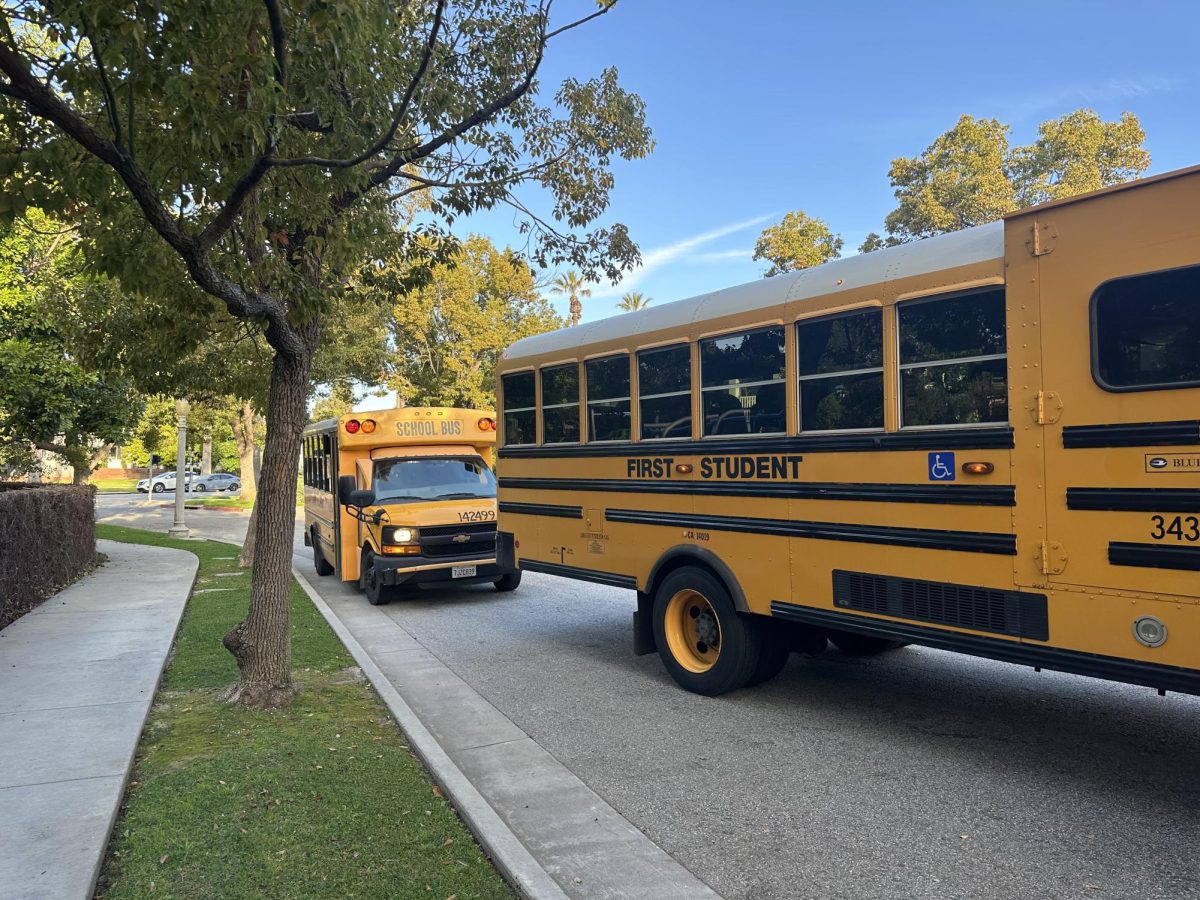


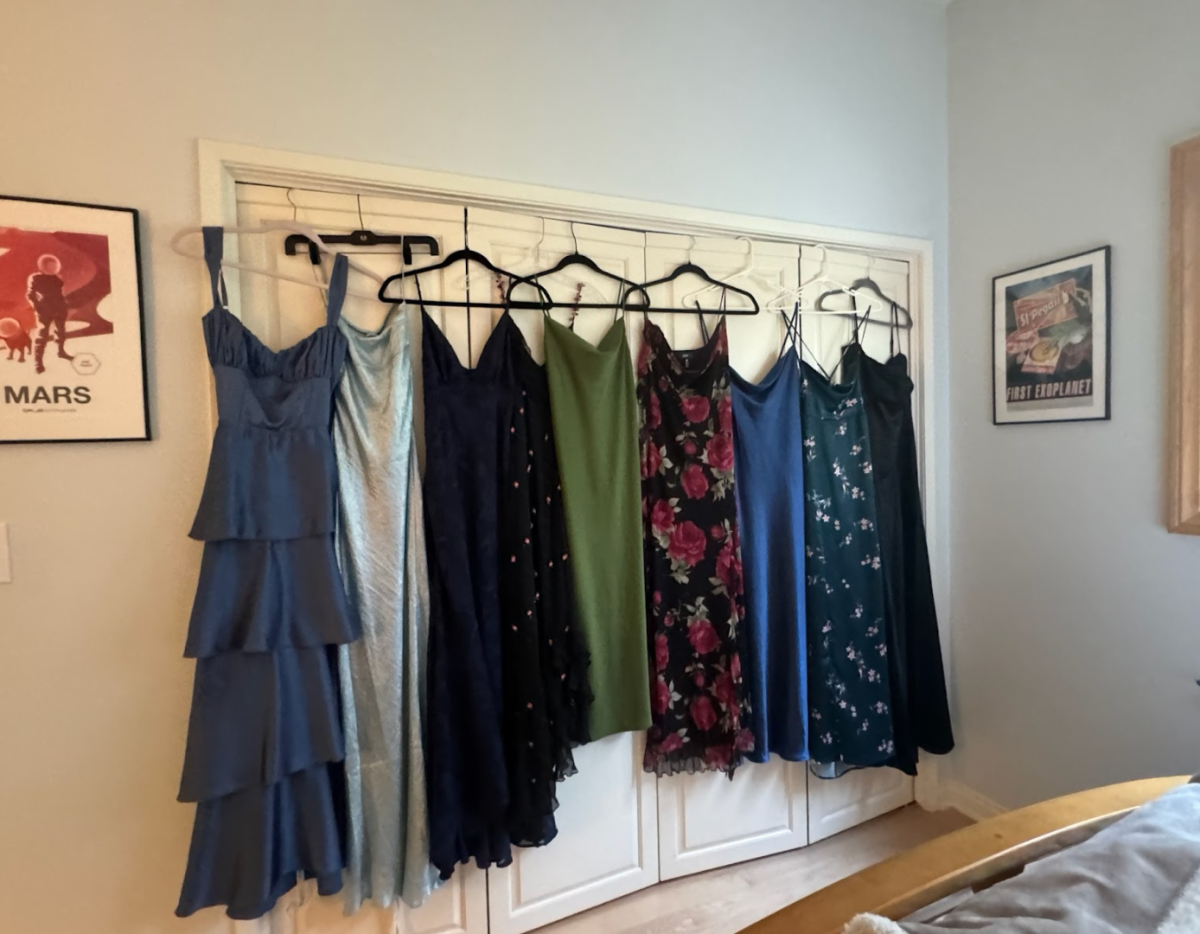








![Dr. Zanita Kelly, Director of Lower and Middle School, pictured above, and the rest of Westridge Administration were instrumental to providing Westridge faculty and staff the support they needed after the Eaton fire. "[Teachers] are part of the community," said Dr. Kelly. "Just like our families and students."](https://westridgespyglass.org/wp-content/uploads/2025/03/dr.-kellyyy-1-e1748143600809.png)






















